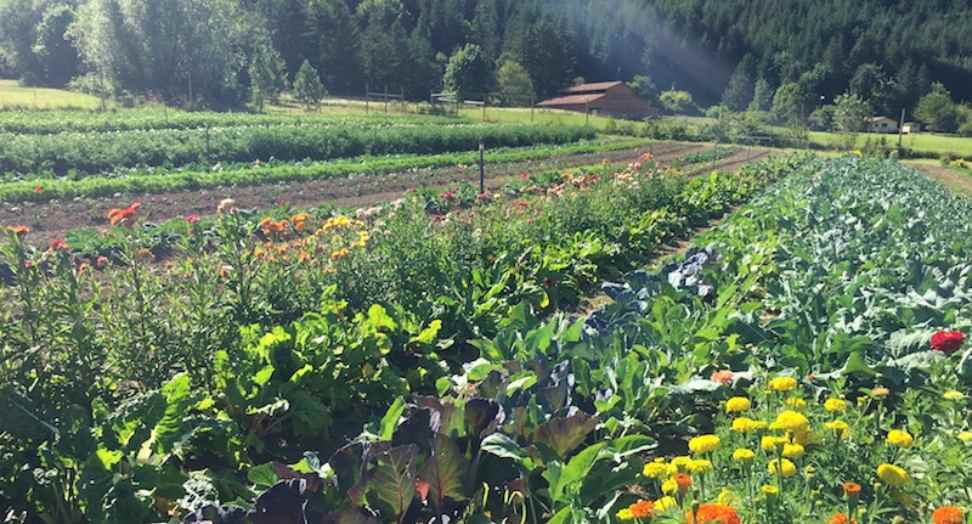11xplay Reddy Login, Betbhai9, T20exchange: Biodynamic farming is an ecological and sustainable approach to agriculture that emphasizes the interrelationship between soil, plants, and animals, viewing the farm as a self-sustaining ecosystem. Developed in the early 20th century by Austrian philosopher Rudolf Steiner, biodynamic farming goes beyond organic practices by incorporating spiritual and mystical principles into its methods.
Central to biodynamic farming is the concept of the farm as a living organism, where all components work together harmoniously to enhance the health and fertility of the land. Practices such as crop rotation, composting, and the use of biodynamic preparations made from natural materials like herbs, minerals, and animal manure are integral to this holistic approach, promoting soil health and biodiversity.
The History of Biodynamic Farming
Biodynamic farming has its roots in the early 20th century, stemming from the spiritual philosophy of Austrian philosopher Rudolf Steiner. In 1924, Steiner delivered a series of lectures to a group of farmers in Europe, outlining his holistic approach to agriculture that involved integrating the principles of ecology, spirituality, and sustainability. These lectures laid the foundation for what would later become known as biodynamic farming.
Following Steiner’s lectures, a group of farmers and researchers further developed and refined the principles of biodynamic agriculture. In 1928, the first biodynamic farm was established in Germany, marking the official beginning of the biodynamic farming movement. Over the decades, biodynamic farming has gained recognition for its emphasis on biodiversity, soil health, and the interconnectedness of all elements within the farming ecosystem.
Key Principles of Biodynamic Agriculture
Biodynamic agriculture emphasizes biodiversity, viewing the farm as a self-sustaining ecosystem. Farmers strive to create a holistic environment where plants, animals, and soil are interconnected in a balanced ecosystem. This interconnectedness is believed to enhance the vitality and nutrition of the farm’s products.
Another key principle of biodynamic farming is the use of biodynamic preparations to enhance soil health and plant growth. These preparations are made from fermented manure, minerals, and herbs, and are applied to the soil in small quantities. Supporters of biodynamic agriculture believe that these preparations help to enliven the soil and stimulate the harmonious development of plants, leading to healthier crops and increased resilience to pests and diseases.
What sets biodynamic farming apart from conventional farming?
Biodynamic farming goes beyond organic practices by emphasizing a holistic approach that views the farm as a self-sustaining ecosystem.
How did biodynamic farming originate?
Bet365 ID, Play247 Online, Iceexchange: Biodynamic farming was founded by Austrian philosopher Rudolf Steiner in the 1920s, as a response to the increasing use of synthetic fertilizers and pesticides in agriculture.
What are the key principles of biodynamic agriculture?
Some key principles of biodynamic agriculture include biodiversity, crop rotation, integrating livestock, and using biodynamic preparations to enhance soil health.
Is biodynamic farming certified by any organizations?
Yes, there are several organizations that offer biodynamic certification, such as Demeter International, which sets the standards for biodynamic farming practices.
Can biodynamic farming help improve soil health?
Yes, biodynamic farming focuses on building healthy soil through practices like composting, cover cropping, and using biodynamic preparations, which can improve soil fertility and structure.

